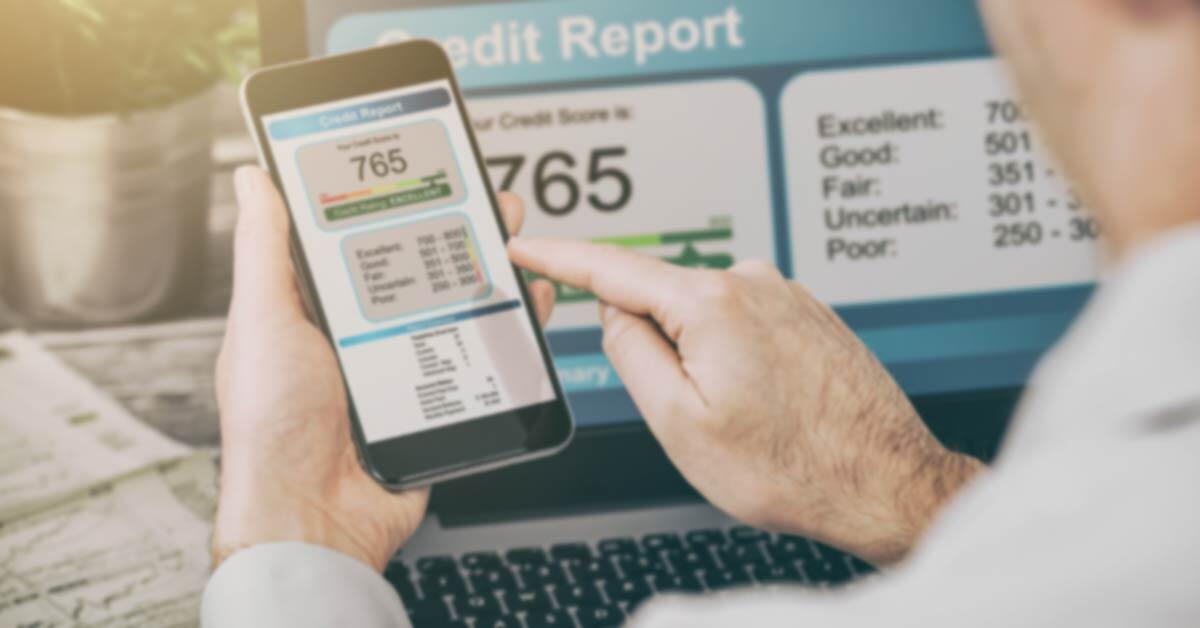CIBIL Commercial Report provides comprehensive and multidimensional credit file information on potential commercial borrowers so you can make more informed lending decisions. In addition to companies with limited liability, there are limited partnerships, sole proprietorships, and partnerships.
Commercial Credit Information Report contains a number of data sets, including credit data sets that are based on business needs and risk scores. The likelihood of concurrent and serial defaults for commercial borrowers can be minimized by assessing their financial responsibility. This will allow credit-granting companies to create better opportunities for their businesses.
Commercial Report from CIBIL
When you own or operate a business or firm, the CIBIL credit scoring tables are entirely different. The CIBIL credit score of an individual is often referred to as the individual’s credit score. The Credit Information Report (CIR) provided by CIBIL in addition to the credit score is also credit information. CIBIL is the agency that provides credit reports to commercial borrowers, such as corporations and businesses.
CIBIL Commercial Reports: What are they?
An individual’s CIBIL score reflects their creditworthiness, while a company’s CIBIL commercial report reveals its creditworthiness. Accordingly, a CIBIL commercial report serves as an overview of a company’s financial health based on information provided by banks and financial institutions. A detailed report is also used extensively in determining a company’s creditworthiness when it applies for a commercial loan.
CIBIL Commercial Reports include the following information:
- Background of the company – Details about the company’s background, such as its legal constitution, subsidiaries, ownership, and operating years.
- A company’s financial information – Information about the company’s finances that determines its borrowing capacity.
- History of financial transactions – Including repayments, collections, revenue generation, and more, this report provides information about the company’s financial history.
In addition to these factors, CIBIL rank has a significant impact. In the same way as CIBIL scores, CIBIL ranks assess your creditworthiness. A numerical representation of the company’s CCR is provided in this table. Just as a CIBIL score ranges from 300 to 900, a CCR is ranked from 1 to 10, with 1 being the best possible score. A company with credit exposure of at least 10 lakh rupees to 10 crore rupees is ranked in this category. Commercial loans are more likely to be granted to companies whose ratios are closer to 1.
How to get a Company Commercial Report
You can obtain your Company Commercial Report from the official website of CIBIL. In order to access your CCR, you will be required to pay a subscription fee of ₹3,000 per year. Steps you need to follow.
- You can access your company credit report at cibil.com/online/Company-credit-report.do on the official CIBIL website.
- The application form will now require you to provide the requested information, including the company’s legal constitution and registered address, the name and address of the applicant requesting the CCR, the company’s contact details, the applicant’s PAN, and any additional details, as well as the documents enclosed.
- The next step is to choose your payment method of ₹3,000 via the online options available.
- Once your application request has been paid, CIBIL will assign you a unique Registration ID and Transaction ID, which will be mailed to the email address you provided.
- Here are the KYC documents you need to upload. Upon submission, you will receive your CCR and CIBIL rank within seven days at the registered address of the company.
Factors Affecting Company Commercial Report
- History of credit – A company’s CCR is heavily influenced by its credit history. Your company’s commercial report will be more favorable if it has a long credit history.
- The ratio of credit-to-debt – The credit utilization ratio of a company is expressed by its credit-to-debt ratio. An organization that uses its borrowed funds more rapidly than expected has a high credit utilization. A negative impact on the CCR can result from this.
- As a previous history explains: Every company requires operation funds to cover daily expenses. In order to obtain these funds, a loan is obtained, which must be repaid through an EMI. Individuals and companies who make their EMI payments on time are in good financial health.
- External debts: A company’s external debts, or the outstanding amount of debts, can negatively affect its credit rating as credit institutions take the outstanding amount into account. As a result, it is essential to only maintain and keep outstanding amounts that are feasible.
- Profile of the company: A company’s size and lifespan are included in this. A larger and older corporation is considered more reliable and credible than a young or new company because of its history of sound financial management.
- Industrial sector: Some industrial sectors carry higher risks and have a greater impact on a company’s CCR. In comparison to companies from more stable sectors such as banking and insurance, your company will be considered less creditworthy if it works in the oil and gas industry, which is considered to have high volatility due to international market conditions.
How to Improve Your Company Commercial Report
- The best way to improve your CCR is to make sure you pay off your outstanding and existing EMIs on time. Also, learn how to increase your CIBIL score faster way. You must pay the entire outstanding amount on the due date, whether it is a loan taken out in your name or in the name of the organization.
- You should ensure you pay the EMIs on time if you use the company’s credit card or corporate card, as an outstanding debt can negatively impact your CCR and your CIBIL Rank.
- Banks and credit institutions tend to make mistakes sometimes, so keep track of the company’s latest transactions and credit statements. In the event that such an error occurs, it would be better to have it rectified as soon as possible.
- Watch the amount of money coming into/going out of the company at all times. Using this method will help you understand how much credit you can borrow from a bank and your credit limit.
- In addition to a long-term loan, you can also take out a short-term loan and pay it back on time. In this way, the company is able to create a good image in front of the bank.
FAQs
Q) Are commercial CIBIL reports available to anyone?
Commercial CIBIL reports are available to banks, financial institutions, credit rating agencies, and other authorized organizations.
Q) Where can a business entity obtain a commercial CIBIL report?
By providing the necessary information and documents, a business entity can obtain a commercial CIBIL report from CIBIL or another credit bureau authorized by the Reserve Bank of India (RBI).
Q) How much does it cost to obtain a CIBIL report for a commercial entity?
The cost of obtaining a commercial CIBIL report varies depending on the credit bureau’s policies. There is a general range of costs for obtaining a commercial CIBIL report ranging from INR 500 to INR 3000.
Q) How often should a business entity review its commercial CIBIL report?
Business entities should ensure that their commercial CIBIL reports are accurate and up-to-date periodically. A report should generally be checked at least once a year.
Q) For how long does the information remain on a commercial CIBIL report?
In a commercial CIBIL report, the information remains for up to seven years. Information that is inaccurate or outdated may be removed earlier by the credit bureau if it is found to be inaccurate or outdated.




